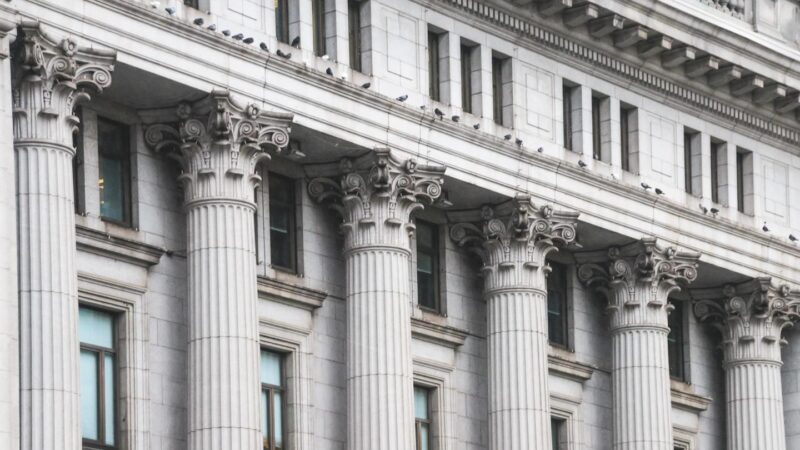The international aviation industry is highly competitive, international, and yes, known for allegations of corruption. Whether buying, selling, maintaining, servicing or supplying an aircraft, an airport, or the supply chain or related needs, corruption risks associated with the aviation industry is well documented. Companies and individuals involved in the industry face pressures and temptations to flout the law to gain business advantage. However, the legal and business consequences of airline corruption includes, but is not limited to, criminal investigations, prosecutions, convictions, penalties, reputations being destroyed, disgorgement of profits, shareholder losses from the drop of share price, careers ruined, civil law suits launched by investors, loss of confidence by the investment community, legal fees, fines, and jail terms for individuals involved. Several examples illustrate the serious risks and consequences of corruption in the global aviation industry.
In June 2012, Brazil-based Embraer S.A., the world’s third largest commercial aircraft manufacturer, indicated in its Form 6-K (Report of Foreign Private Issuer) filed with the United States Securities and Exchange Commission (“SEC”), that the company had received a subpoena from the SEC inquiring into certain operations concerning sales of aircraft. In response to this SEC-issued subpoena and associated inquiries into the possibility of non-compliance with the U. S. Foreign Corrupt Practices Act (“FCPA”), Embraer retained outside legal counsel to conduct an internal investigation on transactions carried out in three specific countries.

